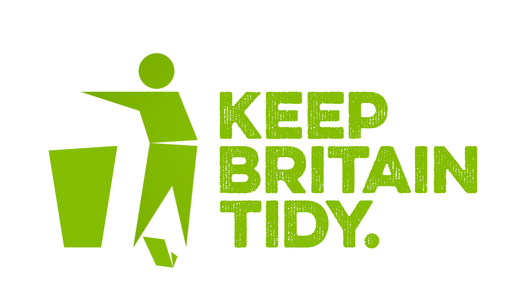There are currently 8.9 million pupils attending 24,400 schools in England. Imagine the scale of the change young people could collectively make, if they had the right knowledge, skills and opportunities to do so?
Our Eco-Schools programme provides the platform and tools to steer young people to where they can make immediate and tangible carbon reductions in schools, and influence improvements more broadly in their communities and at home.
Using our 100+ impactful actions, the majority of which are free and/or cost-saving, Eco-Schools students can effect change in the following ways:
School Grounds

Across school buildings and campuses, there are opportunities to reduce water and electric usage, switch to green energy suppliers and improve energy-efficiency. Just one school taking small actions can make a difference, but what happens if we scale that up?
With just under 25,000 schools in England, it’s clear that schools can play a pivotal role in carbon reduction. Estimates suggest that schools collectively could prevent more than 600,000 tonnes of CO2 from entering the atmosphere - the same carbon reduction as taking more than 130,000 cars off the road each year.
Case study: St Cuthbert’s Primary School
When Eco-School St Cuthbert’s discovered their energy bills were on the rise, the children on the Eco-Committee decided to go big to raise awareness of energy wastage. They arranged for the school to go electricity-free for an entire school day. That meant wrapping up warm, switching off devices, and trying to work out how children kept themselves entertained before electricity.
Food

Food-related emissions are greater than that for the whole transport sector combined and so by simply looking at everyday school meals, students – and schools – can make a huge difference.
The Eco-Schools programme allows pupils to see how small menu changes can have a powerful effect on climate, biodiversity, energy use, water use, global citizenship, health, marine wildlife and waste.
An average primary school introducing one meat-free day a week could swap 3,770 meat-based meals for plant-based meals each year. As a result, just one school could save 2,865kg of carbon emission, and 1,546 m3 of water, each year.
Case Study: The Park Primary School
The pupils at The Park Primary School proved themselves to be future climate leaders when they took climate action and made changes in their own school. The pupils led a school-wide audit of water waste, and a campaign to reduce the carbon impact of the food served in the canteen, banning burgers and introducing fresh veg made on the school’s grounds.
Transport

With 8.9 million pupils attending school, how families choose to travel to and from school can have a massive impact on emissions across the country. Crucially, this impacts the air our young people breathe every day, especially in areas with higher levels of air pollution.
Through the Eco-Schools programme, pupils have influenced the way families travel to their school, significantly benefiting not only those attending school, but the wider community.
Case Study: Avenue Primary School
In 2019, the school participated in Happy Shoes Day, and students were encouraged – where possible – to walk or bike to school. The end result was that a massive 92% of children had walked, biked, scooted, or parked and strode their way to school.
Procurement

How and where schools purchase equipment matters. The Eco-Schools programme steers those making purchases towards reducing plastic and avoiding forest destruction. But an even more powerful shift is changing habits and avoiding unnecessary purchases altogether.
Free or cost-saving actions like school uniform swaps make a huge difference to our ecological footprint. It can take 2,700 litres of water to produce the cotton to make a single t-shirt.
With 8.9 million pupils in England, each pupil passing on one shirt each year would save 24 million cubic meters of water every year, along with all the pesticides, fertilisers and transport costs involved.
The majority of our 100+ impactful actions are free and/or cost-saving, like this uniform swap shop example, and there are huge climate savings to be made – a real win-win.
